
6 Questions To Ask Before Your First Angel Investment
Dear Reader, looks like a lot of people want to take a sip of the wine named angel investments today. Arun, who is a marine engineer and has been investing in stocks for 28 years, wants to try out this new asset class. Also, Smita, who has just received an ESOP exit (yes, they are for real) is looking to make her first angel investment. And so is Keshav, who has successfully pivoted his family business from iron trading to hospitality and is now eager to try his hand at angel investing after seeing his friends all excited about this asset class. We are clearly at a high on this curve of startup investing.
However, like all paths, this one needs to be tread with caution as well. And so today, we bring to you Six Questions to Ask Before Your First Angel Investment in our Angel Bytes section.
Ever wondered how different startups make money? To help you understand this, our Venture Analyst team brings to you Beyond the Bottom Line. A brand new section where we decode the business model of one startup each week. This week we tell you how Kahoot (a quizzing platform) makes its money. Read On.
This week’s Short Take is to give you a visibility into how Venture Builders are fairing around the globe. Some are arguing that we may just be The Asset Class of the Year. (Wooohooo)
And last but not the least, this week we have an exclusive invite for you to the Opening Day with Abhishek Srivastava, founder Hieq. This is a SaaS platform for companies to hire and manage student talent via college ambassadors.
%20(3)_1.png)
Register to receive the Investor Dossier
Do share your feedback on this effort. You can mail us at insider@1stcheque.com
Cheers 🍻
Yamika

We have entered a period where technology and impatient capital markets accelerate market change. In today’s ecosystem, you can either be the disruptor, or you’ll be disrupted. Venture Studios appear to be one of the most sure-fire ways to preempt irrelevance and catalyze growth. 📊
Over the past years, Venture Studios have emerged as an asset class that is creating the next generations of industry-shaping startups. But will it hold the torch for this year as well? 🤔
Find out!
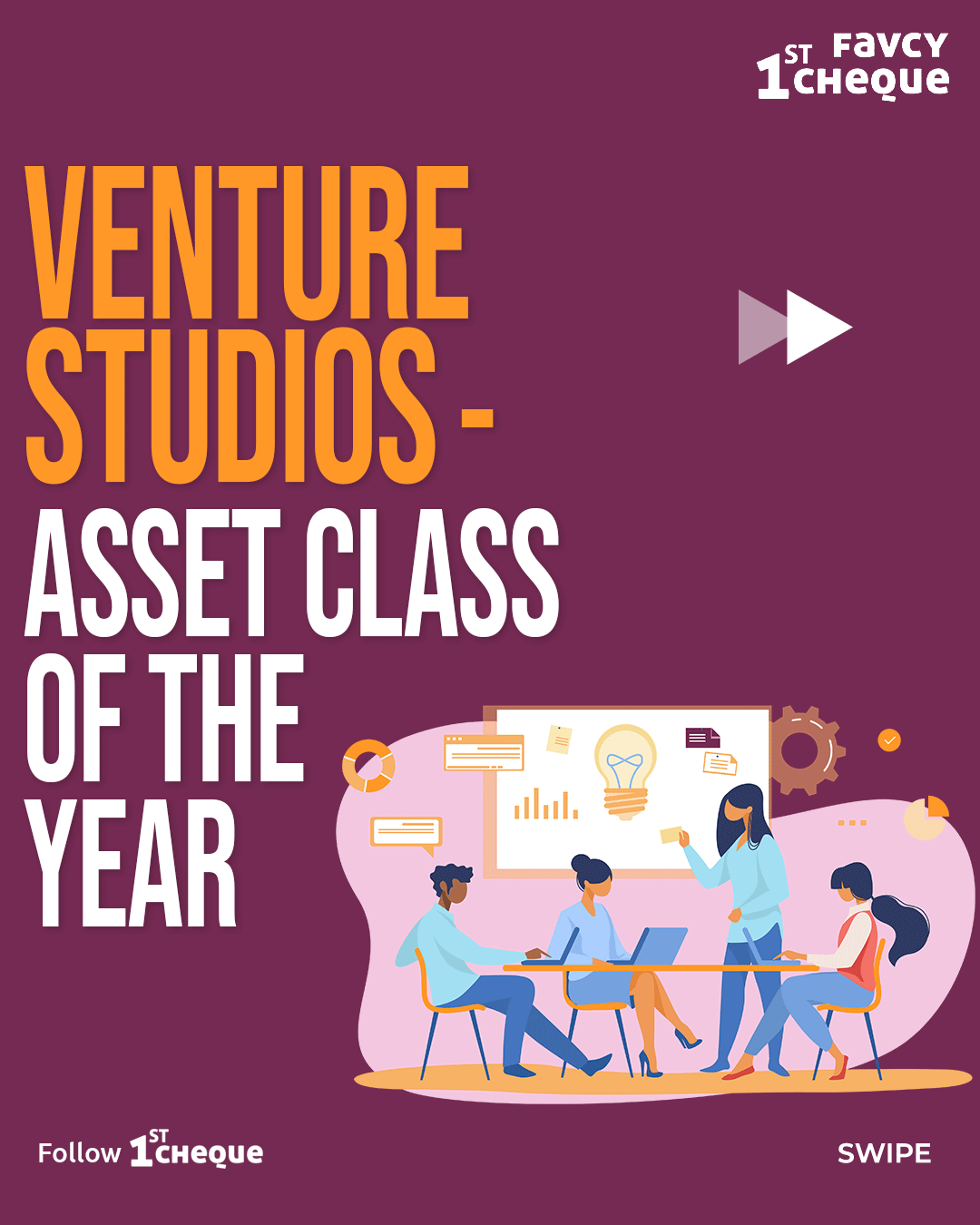
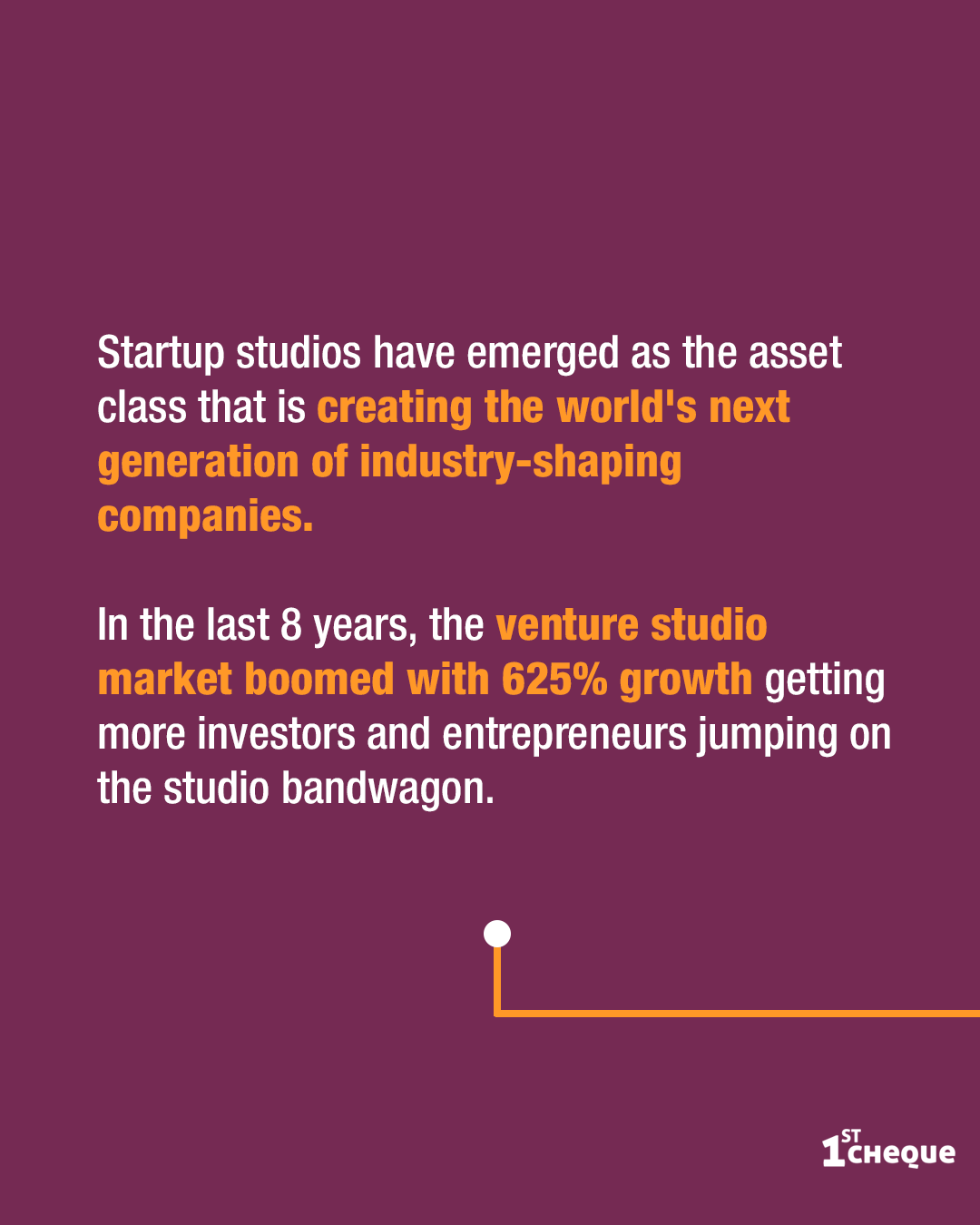
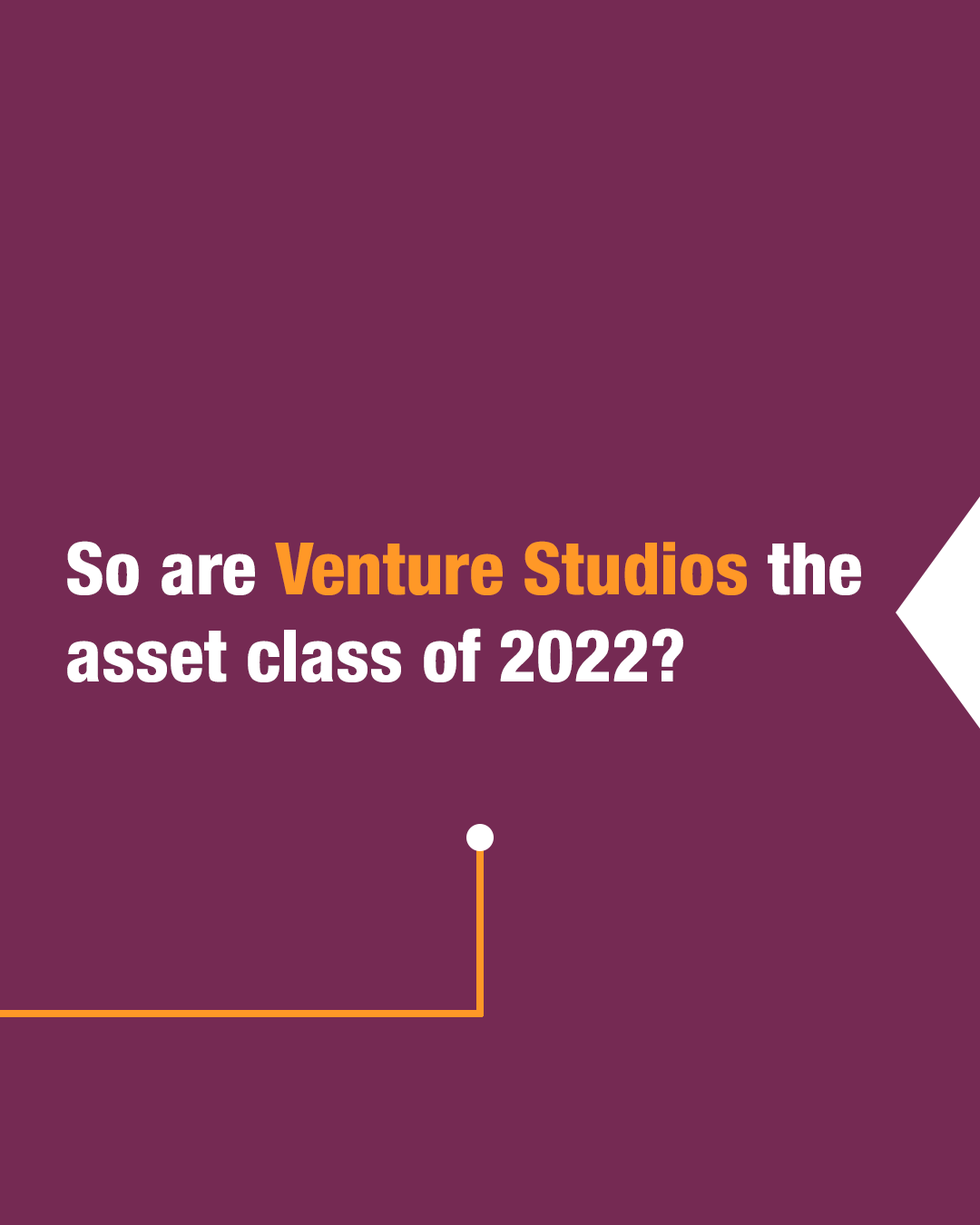
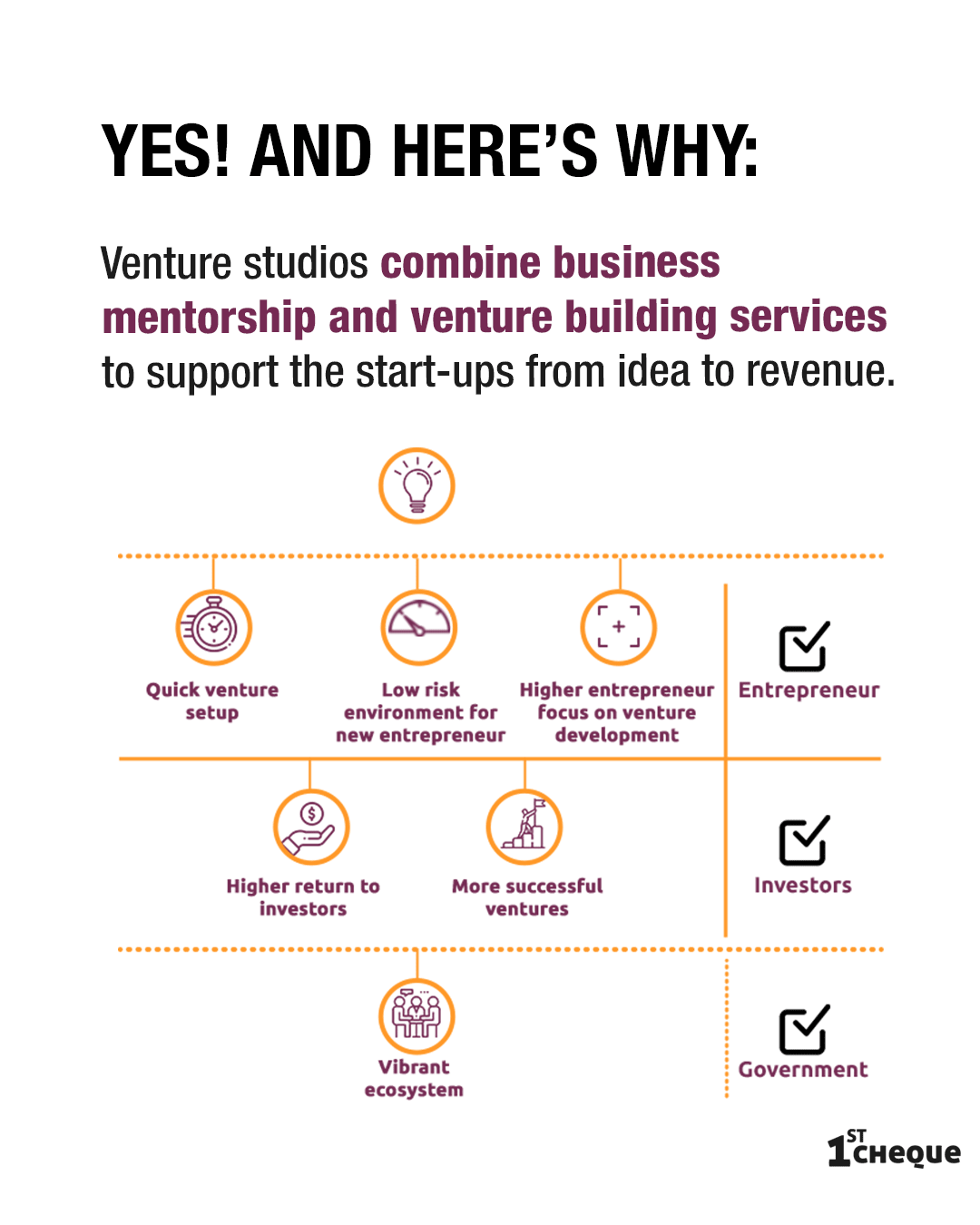
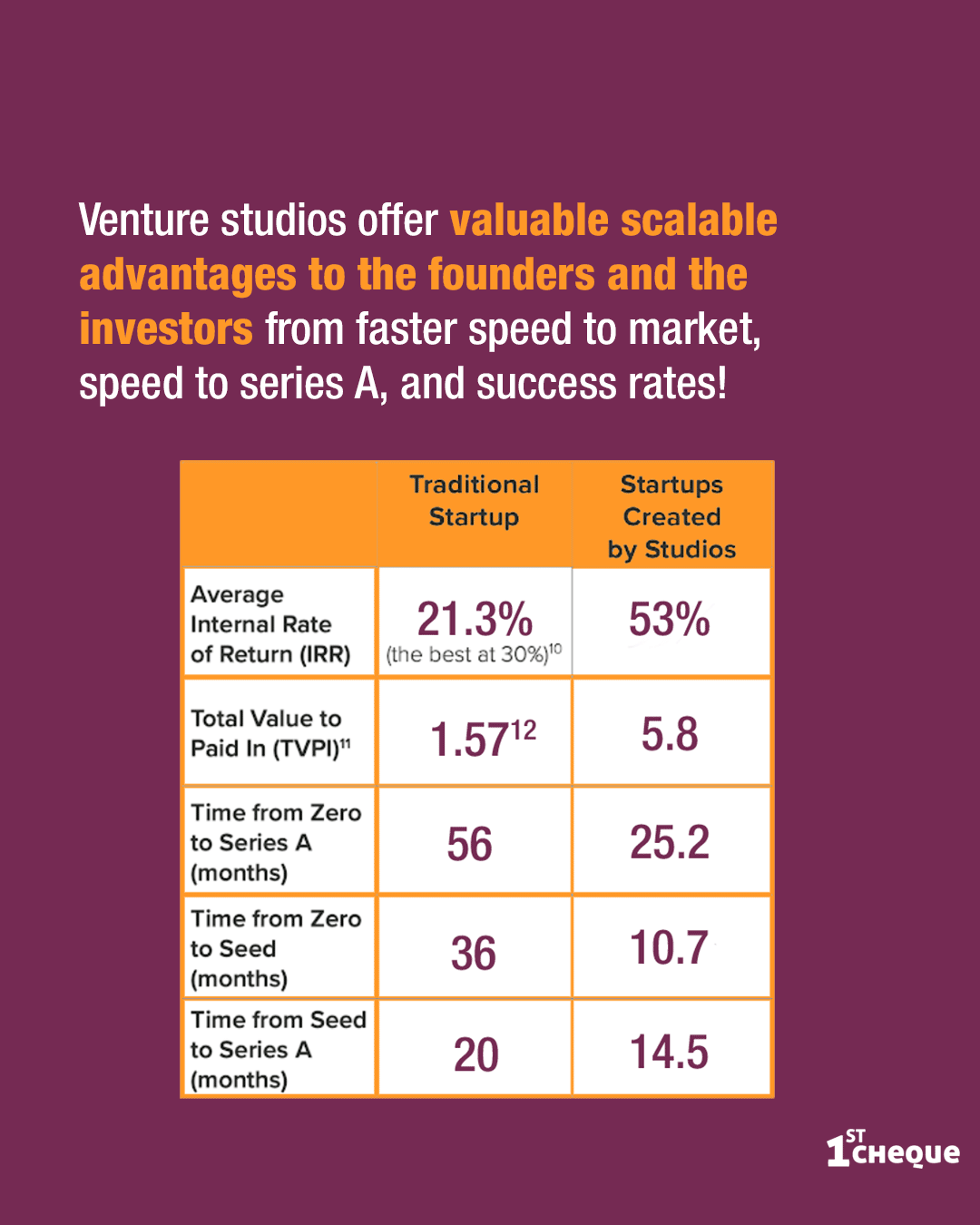
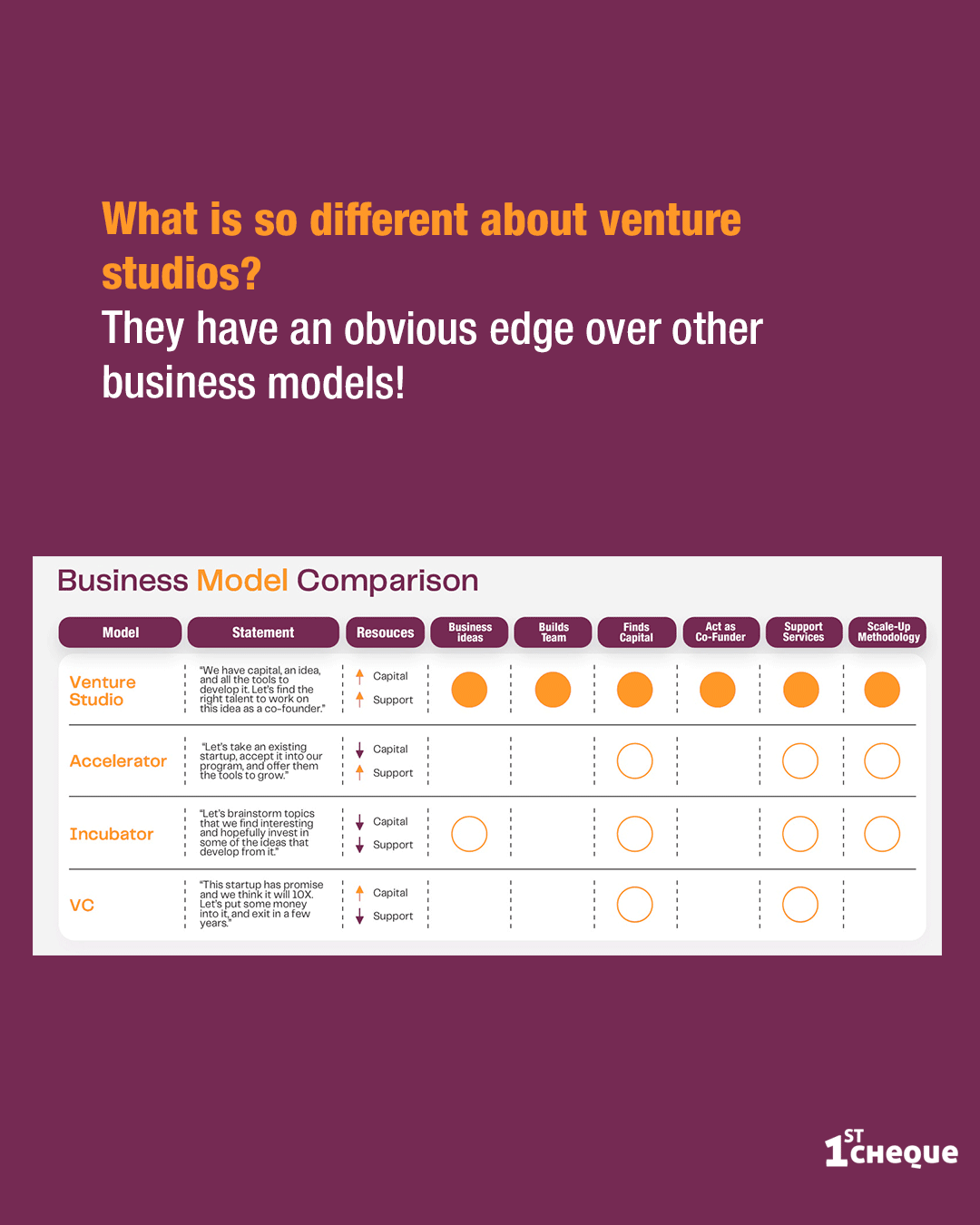
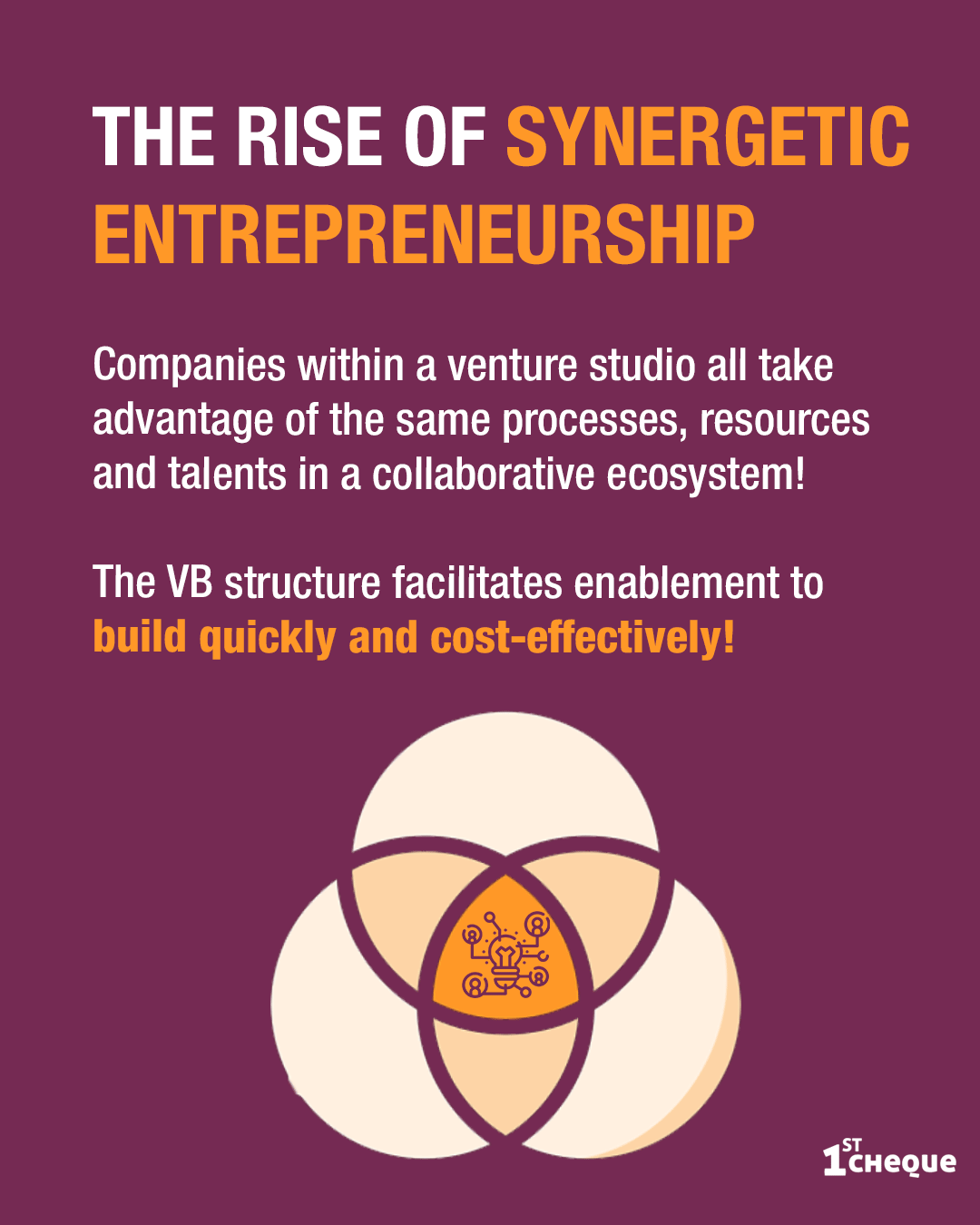
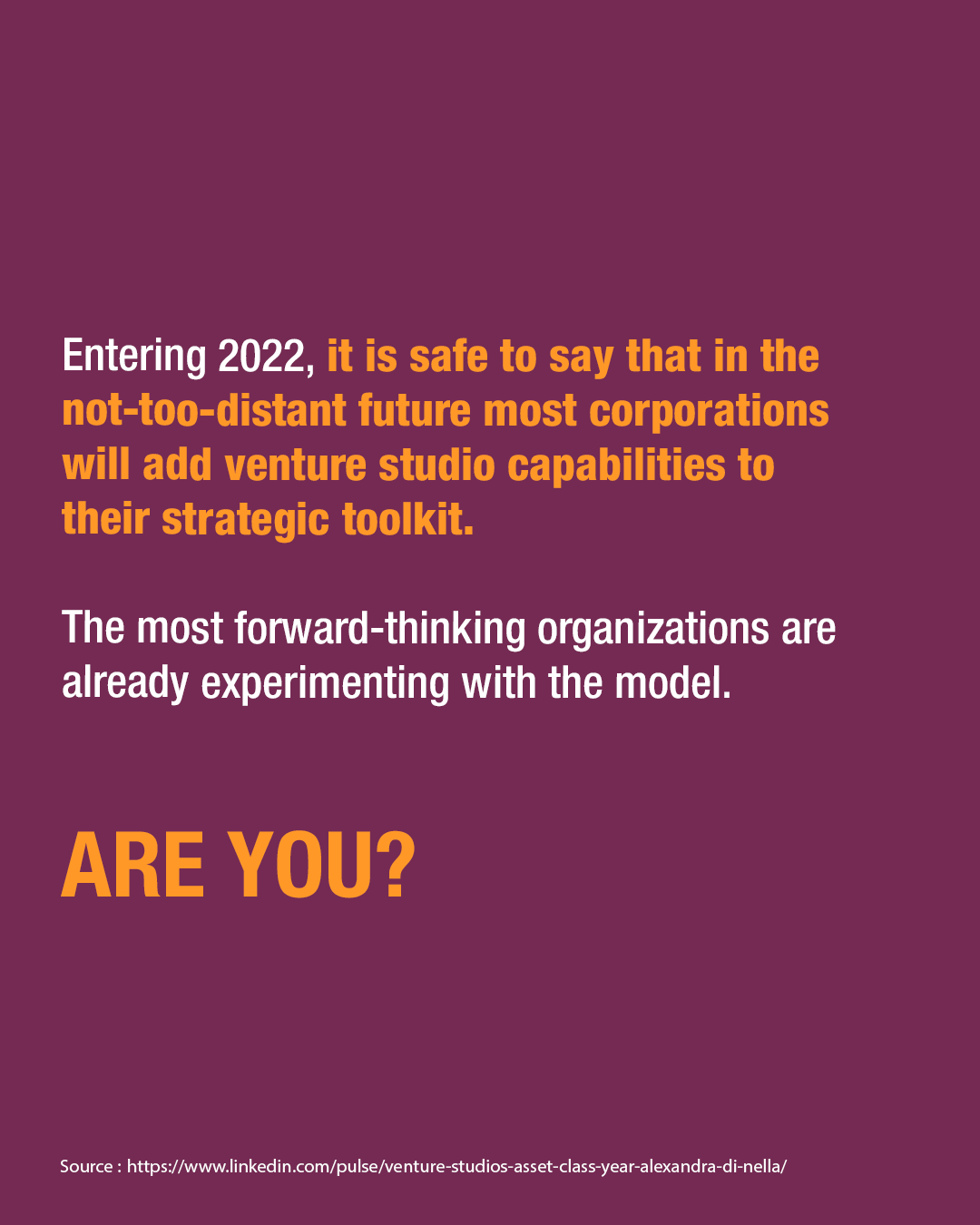

Kahoot! : Gamified ed-tech
by Saurabh Kashyap, Research Intern, Favcy

- This week we are proudly introducing a new section - Beyond The Bottom Line.
-
BTBL is an initiative by Venture Analysis team of Favcy wherein they write biweekly articles and talk about unique and exciting revenue models of startups.
-
This week, Saurabh unravels Kahoot! Have you ever wondered how quizzing and trivia companies make money?
-
Kahoot! is a platform that gamifies learning activities at schools, offices and at home by making them fun, interactive and engaging. Want to know how it makes money?

6 Questions To Ask Before Your First Angel Investment
by Khusdeep Sethi, Content Strategist, 1stCheque by Favcy

The distinct voice of my teacher hollering at the end of the class reminding us to not forget to do our homework is still a sharp memory from school days.
Our teachers were not kidding when they kept asking us to take our homework seriously. The key to understanding any new concept, in this case, angel investment, is Homework - a lot of it.
We know exactly what it feels like to be dipping toes in the ocean of angel investments, portfolio diversification and early stage startups and barely knowing how to swim.
So we did your homework for you!
Investing money in a startup has the potential to yield significant returns, but it's not a risk-free enterprise. Before making an angel investment, or investing in a start-up through a crowdfunding platform, here are five essential questions you must definitely ask:
1. What will be my place in the start-up funding landscape?
As an angel investor, yours is an important yet distinct role in the financial lifecycle of a startup company. An angel investor often invests during a company's Seed or Series A round (or an intermediate round known as a "Bridge" round).
Rather than investing in firms with a lengthy track record of success, angels often support startups that have established a Minimum Viable Product (MVP) or prototype or have achieved significant technological advancement and early market entrance.
2. What kind of returns can I expect on my investments?
Angel investment in startups is deemed as High Risk, High Return asset class. In general, angel investors expect to get their money back within 5 to 7 years with an annualized internal rate of return (IRR ) of 20% to 40%. However, there’s not one fixed number or data that can tell you the kind of returns you can expect. The reality is, these investments are illiquid assets and it’s hard to pinpoint the exact outcome. What we can ensure is maximum returns in the long run.
High returns are correlated with how long you are able to hold your investments and diversification of your portfolios which is achievable by investing in about 10+ companies a year.
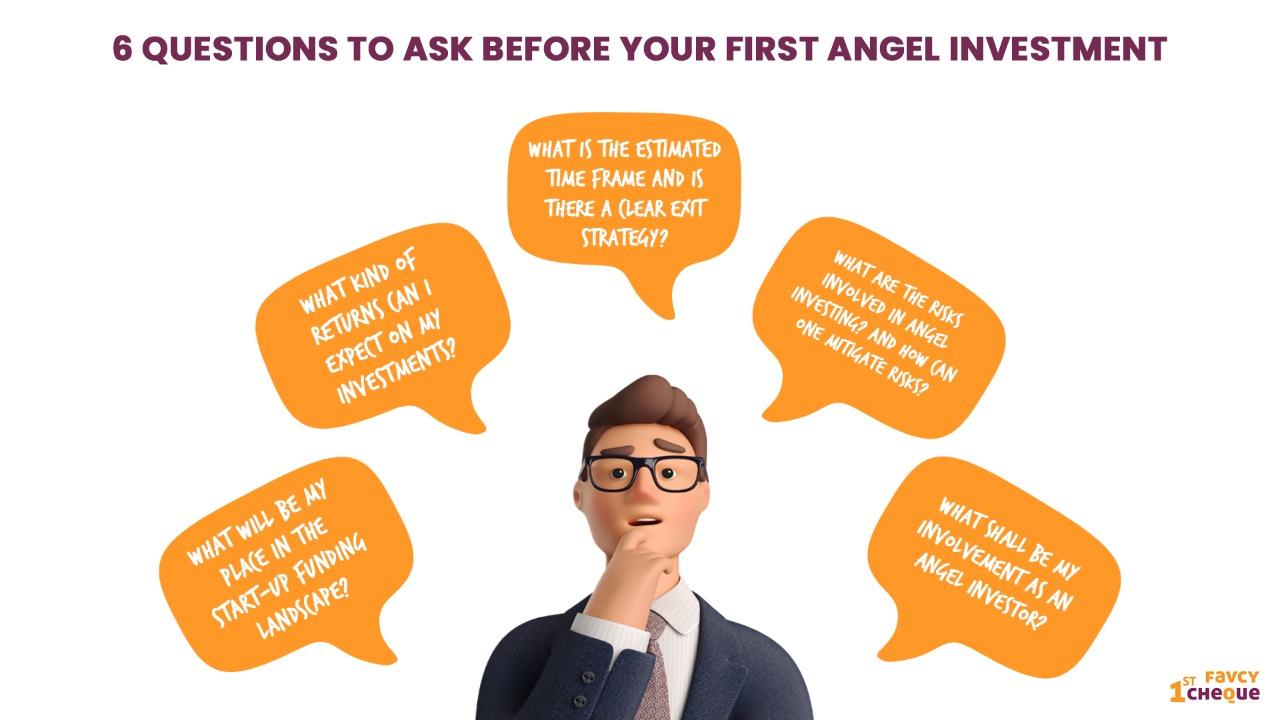
3. What are the risks involved in angel investing? And how can one mitigate risks?
Startup investments are an illiquid asset class. This means that unlike stock, crypto, real estate or gold investments, here you cannot sell your positions at any time and liquidate your investment. However, proportional to the risk, the rewards in this asset class are also high. While the industry average returns for angel investors are 20-27% IRR, angel investors have also made 100X and more on their startup investments by simply making early bets. The earlier you invest, the better it is - you can take early positions even at small ticket sizes!
Furthermore, managing a portfolio of early-stage startups can be chaotic. We feel you! However, it’s worth the sweat. Not only will you be managing your portfolio but will also be adding value to your investments. There are many different ways by which you can manage the portfolio risk. From investing in vetted startups to diversifying your portfolio, we’ve covered all the ways you can mitigate risks from your portfolio
4. How do startups raise money?
For the past 10 years or so, founders of early-stage startups have been increasingly turning to convertible notes and SAFEs to structure investment rounds, particularly for their first capital raise. But what are convertors? Why not just opt the traditional Priced Equity? What are the primary benefits for founders and their investors to opt for convertible notes and SAFEs? It's important to consider why the convertible notes and SAFEs have made such a big splash in the early-stage financing world.
A SAFE and convertible note both allow for conversion into equity. The key difference is that SAFEs only allow for conversion into the next round of preferred stock issued by a company in the next priced financing round. On the other hand, convertible notes allow for conversion into the current round of shares or a future financing event where a new series of preferred stock is issued. It is quite evident that early-stage startups prefer SAFEs and convertible notes over priced equity as it provides them a much more reliable method for raising capital without the Valuation pressure.
5. What shall be my involvement as an angel investor?
With angel investments, the investor receives an equity stake in the firm, allowing them to participate in decision-making alongside the startup's leadership. An investor who finances a startup's crowdfunding campaign, on the other hand, will earn an equity stake but will not have the same level of control as an angel investor. Finally, when giving money to a business, it's critical to be clear on how much or how little engagement you want.
6. What is the estimated time frame and is there a clear exit strategy?
We are all aware that Facebook did not become the empire it is today in a single night. But even for every overnight success story, there are hundreds if not thousands of startups that took years to make it big.
Investing is a long-term game, but having a sense of the timeframe is important so you can compare it to your own expectations. While some investors may be content to wait 10 years for a return, others may like to have their money returned within five years.
Analyzing the prospective return on investment (ROI) associated with a certain business is essential for investors looking to maximise profits.
Investors should understand when and how they might extract their initial investment, as well as any related gains. An angel investor, for example, would want to know when they would be able to sell their equity shares. This is why, once again, it's critical to be aware of the time period involved to ensure you're able to exit at a moment you're comfortable with.
The Bottom Line
Due diligence is key to ensuring that the opportunity is right for you in every sense. Ask questions, do your research, educate yourself about the fundamentals.
At 1stCheque, we do all this for you! From offering risk mitigated and small ticket sized deals to making this platform a learning opportunity for you! The minimum ticket sizes are kept low across the portfolio so that you can diversify even with your limited corpus. We give you access to all possible collaterals including our thesis (why did we invest in a startup) to help you evaluate each opportunity in depth.
.png)
Here are the events of this week:
- Lead School becomes third unicorn of 2022 after $100 million funding
- Gaming startup Rooter raises $25 million
- EV start-up EVage raises $28 million
Stay tuned to receive the latest industry trends, investor insights, our exclusive angel bytes, and much more!

A platform for first-time angel investors to learn the science of early-stage startup evaluation. Get exclusive access to pre-vetted deal flow and make your first investment.
Subscribe to our newsletter 👇🏻 Don't worry, it'll take just few seconds :)
Reach out to us:
Liked the newsletter, Share it with others!👇🏻